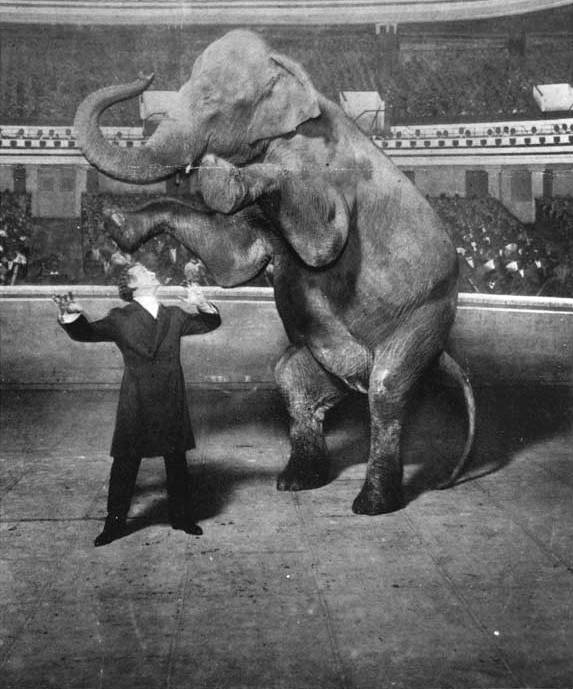And what of the spirit of Bayesianism? Bayesian
thinking requires us to be willing to float all of our concepts, even our most
deeply held ones. Some are more central, and we can stand on them more often
and with more confidence. A few we may believe almost, but not quite,
absolutely. But in the end, none of our concepts is irreplaceable.
For humans, the mind is our means of surviving. If
it has to, it will adapt to almost anything. We gamble heavily on the concepts we
routinely use to organize our sense data and memories of sense data.
I use my concepts to organize both the memories
already stored in my brain and the new sense data that are flooding into my
brain all the time. I keep trying to acquire more concepts, including concepts
for organizing other concepts that will enable me to utilize my memories more
efficiently to make faster and better decisions and to act increasingly
effectively. In this constant, restless, searching mental life of mine, I never
trust anything absolutely. If I did, a simple magic show would mesmerize and
paralyze me. Or reduce me to catatonia.
When I see elephants disappear, women get sawn in
half, and men defy gravity, and all come through their ordeals in fine shape,
some of my most basic and trusted concepts are obviously being violated. But I
choose to stand by my concepts in almost every such case, not because I am
certain they are perfect but because they have been tested and found effective
over so many trials and for so long that I’m willing to keep gambling on them.
I don’t know whether they are “sure things,” but they do seem like the most
promising of the options available to me.

Harry Houdini with his “disappearing” elephant, Jennie (credit: Wikimedia Commons)
No comments:
Post a Comment
What are your thoughts now? Comment and I will reply. I promise.